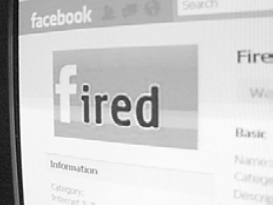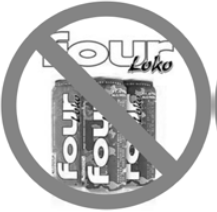By Shaina Wallace | Observer Contributor
Chemical Imbalance, it’s a popular and accepted casual explanation for anxiety and depression. It’s believed that this explanation frees sufferers of self-blame, and counteracts the stigma of mental illness still found in our culture today. The public has accepted this hypothesis with welcome, and many feel it to be true. In 2007, psychologist Christopher M. France and colleagues of Cleveland State University surveyed 262 undergraduates and found that 85 percent of the participants found it likely that chemical imbalance causes depression (Scientific American Mind March. 2014). Though this surveyed served to prove the acceptability of this explanation among the public, it did nothing to answer the most pertinent questions following a chemical imbalance diagnosis: Does it really remove self-blame? Does it facilitate long-term treatment and healing? What effect does it have on sufferers? Researchers at Brown University and Wollongong University in Australia have brought to light a most curious and worrisome notion: telling sufferers they have a chemical imbalance actually perpetuates maladaptive thoughts and beliefs. 73 sufferers of depression were randomized and split into two groups. One group was told their depression was caused by a chemical imbalance, while the second group was told their depression was not caused by a chemical imbalance. The diagnosis was given without a real medical test. Instead, experimenters mocked assessments, even swabbing the cheek of each participant and showing the chemical imbalance group a chart of their low serotonin levels, a neurotransmitter believed to be directly related to the disorder. Post-manipulation packages were given to assess their depression, their perceived depression, negative mood regulation, and whether or not the groups favored medication or psychotherapy as the best path of treatment given their diagnosis. Joshua Kemp and colleagues found that the chemical imbalance causal explanation, within the chemical imbalance group, promoted pessimism about treatment and healing-suggesting a submission to their condition, an inability to effectively regulate negative moods, and promoted a belief that medication is best suited for treating depression, and in lieu of psychotherapy. The group without the chemical imbalance diagnosis showed advocacy for psychotherapy and positive trends on their assessment packages. (May 2014). The results suggest a host of negative side-effects. Not only does this explanation not remove self-blame but it accentuates and amplifies all the symptoms that caused a sufferer of depression to seek treatment in the first place. And it doesn’t stop there. Now, they have it in mind that costly medication is the only answer. It presents years, possibly a life, spent on antidepressants known to cause worsened depression, insomnia, sexual dysfunction, fetal abnormalities, apathy, cravings for alcohol, and hostility (Dr. David Healy SSRIstories.com). This explanation seems to negate all the maladaptive thoughts, beliefs, and worry that so often come with depression because the cause is believed to be solely a chemical one. And worse, it negates the very tool best suited in treating these ailments: psychotherapy. It never gives the sufferer a chance to explore their options, options that include the unique Expressive Therapies- psychotherapy treatment via art, reading/writing, Socratic psychodrama, and music- all proven to reduce anxiety and depression, and used in the introductory days of psychology. Perhaps the human element, a reminder that all people are creative forces in their lives is the best treatment, but how can we know when so many are influenced by this uncritically accepted chemical imbalance explanation? With one in eight Americans, including children, on some kind of psychotropic and the pharmacotherapy business booming at 24.2 billion dollars- increasing fifty fold since the introduction of Prozac in the eighties (John Horgan, Chronicle of Higher Education Sept. 2011), it begs the question is the chemical imbalance explanation healing, hurting, or creating customers?







